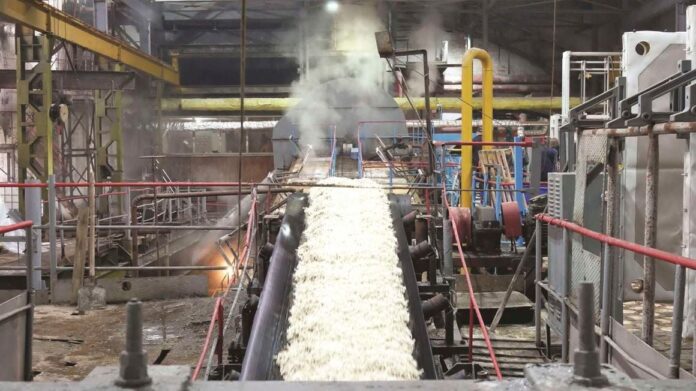The Kenyan government has initiated the process of leasing five public sugar factories to private companies for a period of 20 years as part of a new revival plan to boost the struggling sugar industry.
The move is aimed at attracting private investment and expertise to improve the efficiency and productivity of the mills, which have been plagued by mismanagement, corruption, and low yields.
The government hopes that the leasing of the sugar factories will help to revive the sector and create jobs, as well as increase the country’s sugar production and reduce its reliance on imports.
The leasing process is expected to be competitive and transparent, with interested bidders required to meet certain criteria, including financial and technical capacity, before being awarded the leases.
According to the Ministry of Agriculture and Crops Development, Nzoia, South Nyanza (Sony), Chemelil, Muhoroni, and Miwani sugar companies are up for the lease.
The ministry added that, through the Agricultural Development Corporation (ADC), the Kenyan government holds the largest percentages in each of those businesses: 98.8% in Sony, 97.93% in Nzoia, and 96.22% in Chemelil, through the Development Bank of Kenya (DBK). In addition, it also owns an 82.8% stake in Muhoroni and a 49% stake in Miwani.
“These sugar factories have a combined potential of 30% of the sugar market share in Kenya in a market currently standing at 1 million metric tonnes per annul,” said the Ministry.
The Ministry also said that successful bidders will control factories, office buildings, machinery, equipment, nucleus farms, staff and guest houses, schools, sports stadiums, and service contractor yards owned by the millers.
The government is attempting to persuade private businesses to provide struggling millers with additional funding so they may increase their capacity for processing sugar and maximize their diversification.
In order for the Kenyan government to facilitate the leasing process, the cabinet approved the waiver of debt, including taxes, interest, and penalties owed by public sugar millers to the tune of Shs117 billion.
In addition, the ministry highlighted that the goal is to help these sugar companies become profitable again through modernization and effective management free from bureaucratic obstacles in order to increase their competitiveness in the Comesa, EAC, and global sugar markets.















